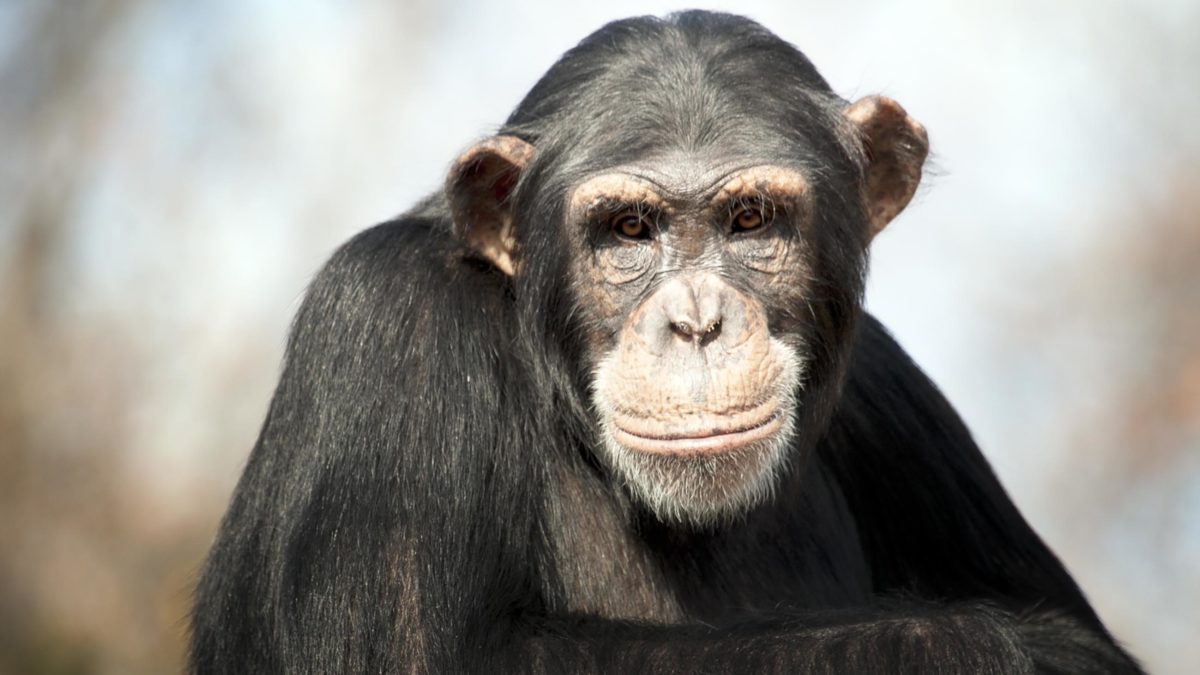Abstracts: Tiny Transistors, Smart Bees, Even Smarter Apes, and More
• Scientists suggest that chimpanzees, bonobos, and orangutans can put themselves in their fellow apes’ shoes, so to speak — a capacity once thought the sole province of humans. (Science)

He totally gets you.
Visual: iStock.com
• A team of researchers from Columbia University analyzed a dataset of 1,224 recommendation letters for young geoscientists seeking jobs across the globe. The result: Female candidates were half as likely to receive what were deemed to be “excellent” recommendations, as opposed to those deemed to be merely “good.” (Nature Geoscience)
• Scientists and journalists continue to battle over the legacy of research based on Henry Molaison, the famous amnesiac patient known for decades in the scientific literature only as H.M. A key question: Should Molaison, who died in 2008, have been permitted to sign his own informed-consent forms if he was unable to form new memories? (Undark)
• A satellite tracking tag attached by federal scientists to a killer whale in the Pacific Ocean earlier this year was implicated in the animal’s death. The incident has raised new questions about a key scientific tool for the study of animal behavior, and one that whale protection activists have called “barbaric.” (National Geographic)
• Current science supports the notion that a warming climate, which produces warmer oceans, will likely contribute to stronger hurricanes on average, if not more frequent ones. But attributing any particular storm’s characteristics to climate change — including Hurricane Matthew, which is now lashing the Florida coast — is still a tricky matter. (Washington Post)
• The average age of Nobel Prize recipients — particularly those in the fields of physics, chemistry, and medicine — has risen considerably over the decades. Also: Men remain vastly overrepresented as Nobel laureates overall. (BBC)
• Good news for the natural gas industry: Scientists compared atmospheric samples both ancient and modern and concluded that while gas production has skyrocketed over the last decade, the rate at which industry is leaking planet-warming methane into the atmosphere has actually declined. (Scientific American)
• As semiconductor transistors get smaller, it becomes more difficult to control the flow of electrons — the fundamental on/off mechanism behind computer logic. But researchers in California suggest they’ve overcome key barriers and reached a new threshold in transistor tininess, creating one just 1 nanometer long — less than the diameter of a strand of human DNA. (The Verge)
• And one final bit of science buzz: Bumble bees may be smarter than previously thought — and perhaps even show signs of “culture.” (Science)










